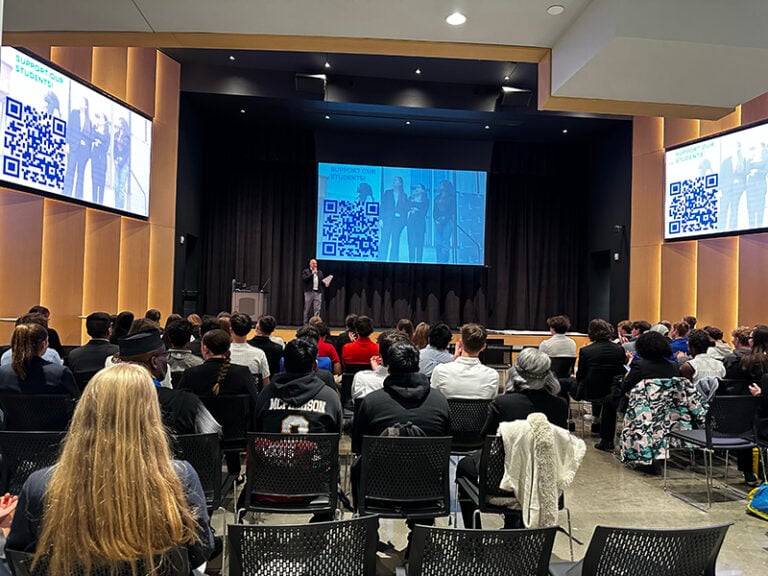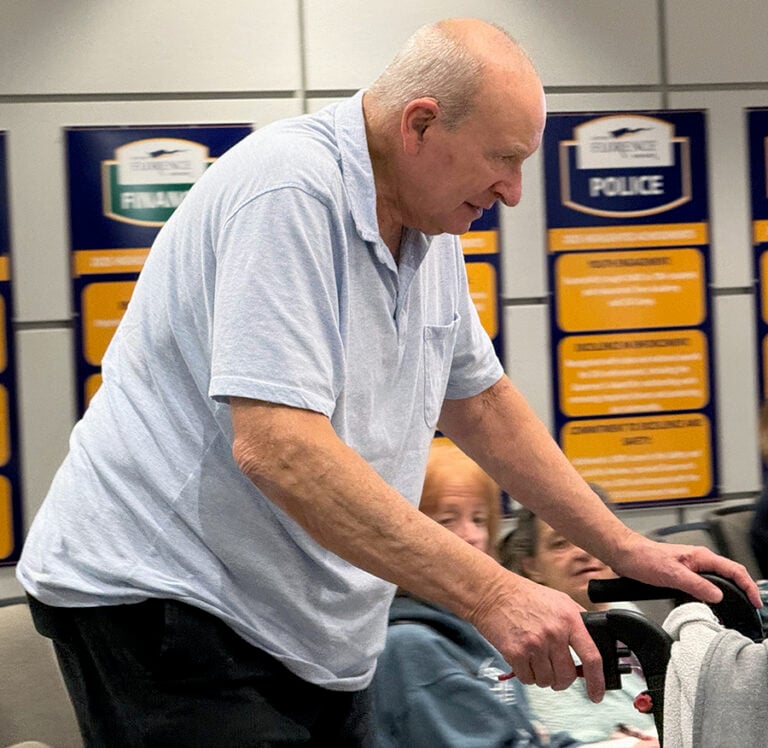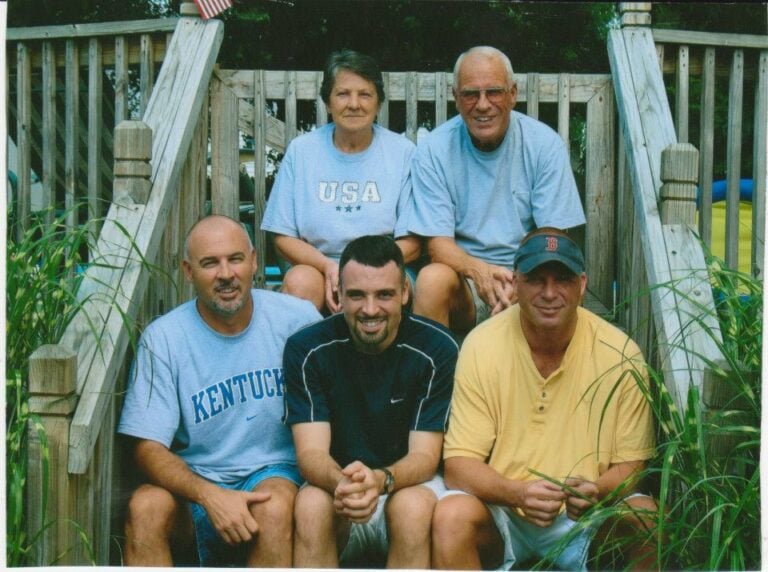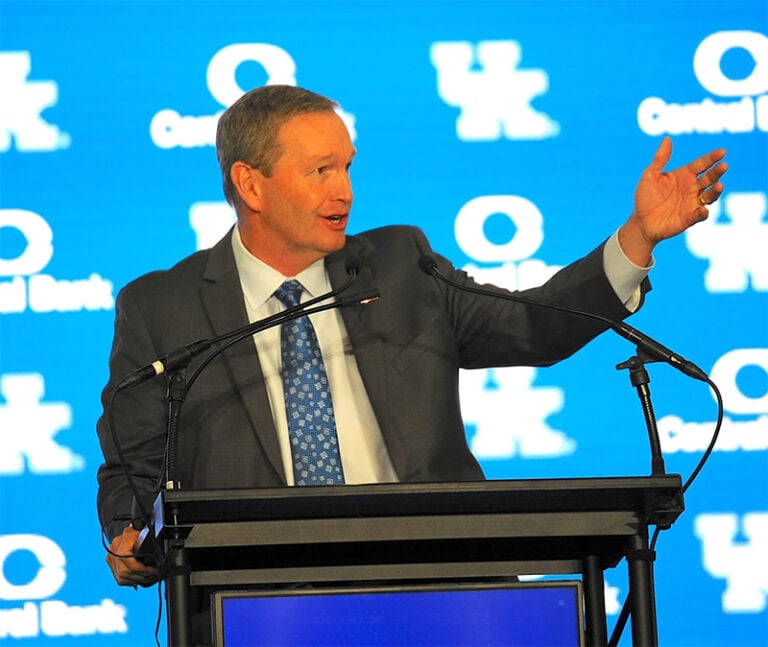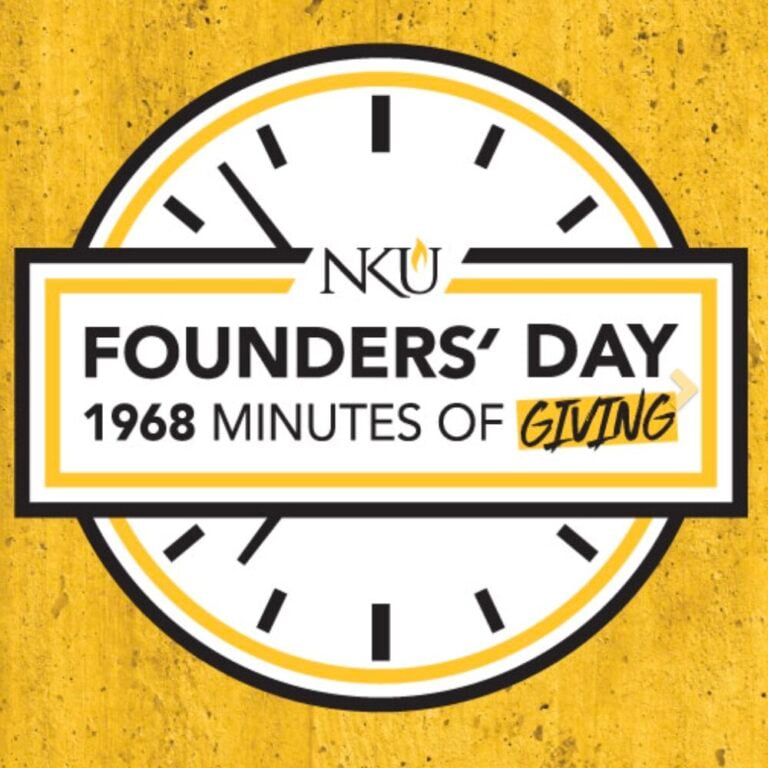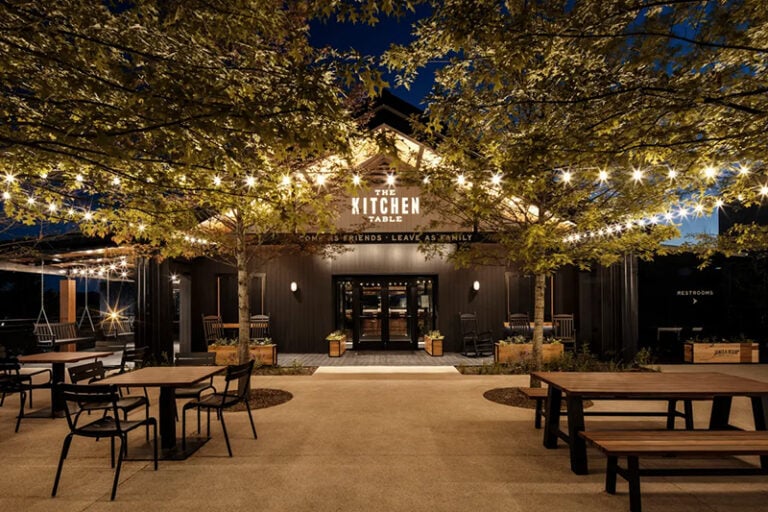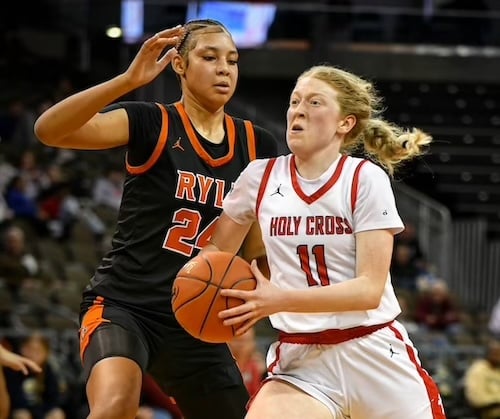By Terry Boehmker
NKy Tribune sports reporter
The number of female head coaches in Northern Kentucky girls’ high school basketball declined with all the changes that took place in the area since the end of last season.
Seven new head coaches were hired and six of them are men. That means only five of the 27 high schools in Boone, Campbell and Kenton counties now have a woman in charge of their girls’ basketball program.

Nell Fookes was a highly successful girls’ head basketball coach at Boone County for 30 years before she resigned in 2015. She said few men were interested in coaching girls when Title IX gender equity legislation in sports came into effect during the late 1970s.
“At one time, it was looked down upon for men to coach high school girls’ basketball,” Fookes said. “The stigmatism is no longer there. These have become attractive, desirable and high paying positions. Certainly, this is a factor that must be considered when you see the number of female basketball coaches in our area declining.”
Last season, there were seven women head coaches among the 27 girls’ high school basketball teams in the three-county area. Three of them resigned and the only woman among the new head coaches hired is Mia Cooper at Notre Dame Academy.
The four women returning as head coaches are Klette at Scott, Nicole Levandusky at Cooper, Jaime Richey at Highlands and Katie Haitz at Ryle.
Cooper said women have a limited job market compared to men when it comes to coaching on the high school level. While there’s a rising number of male head coaches in girls’ basketball, female coaches are seldom considered for boys’ basketball coaching jobs.

“Women either stick to applying for jobs coaching girls or are typically only hired to coach girls’ teams,” Cooper said. “Male coaches currently have the luxury of being considered for a coaching position on a boys’ or girls’ coaching staff. This also provides male coaches with the opportunity to gain experience at a faster rate than female coaches.”
The ratio of male and female head coaches in Northern Kentucky has fluctuated over the last 30 years. In the 1986-87 season, 16 of the 23 girls’ varsity teams in the three-county area had male head coaches. Ten years later, there were 14 male and 12 female head coaches among 26 high school teams in the area.
Female coaches actually had a 16-8 advantage in the 2006-07 season when two local schools did not compete on the varsity level in girls’ basketball. Five years later, however, there were 18 male and nine female head coaches among the 27 teams.
The trend appears to be statewide. Last March, only four of the 16 teams that played in the Kentucky girls’ high school basketball state tournament were coached by women. The year before that, just one of the 16 teams had a female head coach.
The decline in women head coaches is a major concern at the Tucker Center for Research on Girls & Women in Sport at the University of Minnesota. The center does an annual report on women coaches in collegiate athletics. In the 2003 report, there was a section entitled “Why Women Coaches Matter” that included the following statement:
“If girls and young women see females in coaching roles, they will more likely think about coaching as a legitimate and viable career, and so may aspire to become a coach. Same-sex role models inspire others to pursue and emulate similar achievements, and data indicate female athletes who were coached by women are more likely to pursue a career in coaching.”
Fookes said high school officials need to keep that in mind when they interview candidates for a girls’ head basketball coaching position.
“I do believe that having a strong, positive coaching role model is important for girls to pursue coaching themselves,” Fookes said. “If that role model is female, even better. One of the main reasons I became a coach was because of the strong female coaching role models I had as player.”








